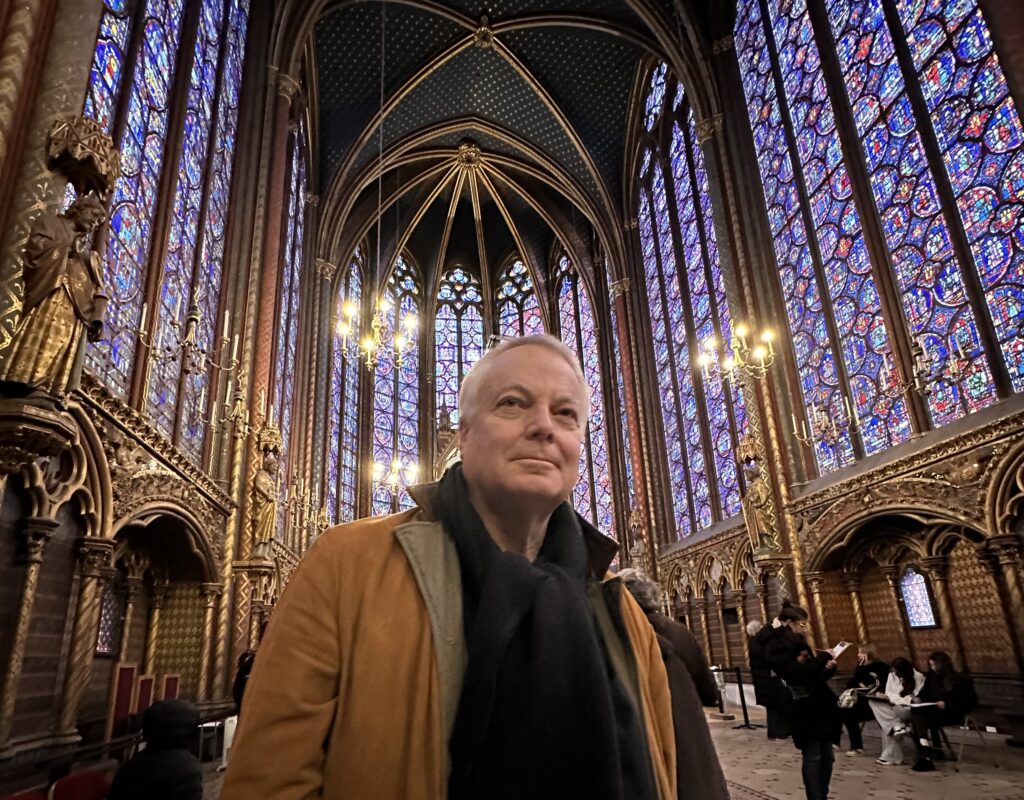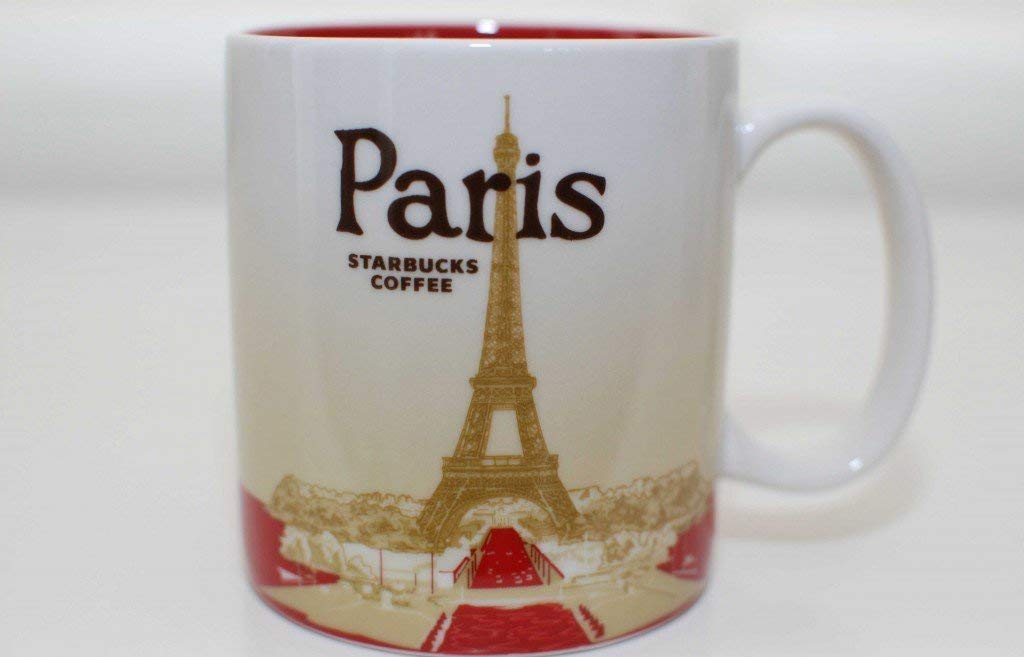Editor’s Note: Clay Jenkinson spent 10 days in Europe in early February, read the English language magazines and newspapers, conferred with old friends and new in England, France, and Switzerland, and attempted to assess the mood of Europe as the second Trump administration began. This is his report.

I recently returned from a trip to Britain and Europe to visit my daughter, who is studying at Oxford. While there, I heard much about America 2025 from people I encountered and wanted to report back to you. I don’t necessarily agree or disagree with all of this; I am doing my best to convey what I saw, read, and heard, especially in private conversations.
What I primarily encountered was bewilderment and disappointment. The Brits and Europeans are people of goodwill but also realists. They have long since ceased to think of America as a kind of New World utopia. If they believe in American exceptionalism, it is to shake their heads at how America both drains and markets to the world and prefers to see itself as disconnected from the rest of the planet. But they are not disposed to be 100% critical of America. There are many things they love about America, even if they reserve the right to criticize even the things they like.

They like to visit, but they are not disposed to stay. And even in visiting, they genuinely worry that they are going to get caught in the middle of some pointless mass shooting at a mall, movie theater, or a parade. They cannot understand a constitution that would be so absolute on guns that gun violence is routinely tolerated by a third of a billion First World people, in spite of the temporary hand-wringing after each mass shooting.
They believe we Americans are callow and ignorant of the world. Worse, they think we are indifferent to almost everything beyond the boundaries of the United States. They are amazed that people with such fundamental ignorance of world history, European history, ethnicity, geography, and languages other than their own can operate a world empire.
They regard the United States as still an adolescent world power, erratic and impulsive, but on the whole (not by much), they continue to see us as a net force for good in the world. They know we sometimes do strange things that are hard for the rest of the world to understand. They are forgiving. But they view America now through a disillusioned lens.
They cannot understand that a great nation would pretend to make things do without universal tax-supported health coverage, not just for American citizens but for anyone who needs medical help within America’s borders.
Mostly, they are concerned about what the post-American world will look like. They have a longer memory than the Americans. They remember the long, tragic history of Europe, the ethnic wars, religious wars, wars of territorial boundaries, the wars of kings’ and dictators’ pride and caprice. They especially remember the two world wars of the 20th century — especially the first, not much known to Americans — in which European Western civilization committed a kind of half-suicide. They know that even if the United States has been a highly imperfect hegemon, the world is stabler, safer, and more peaceful because of America’s rambunctious dominance. They are worried that if America pulls back and washes its hands of Europe and the rest of the world, autocrats among them will have an easier time of it; that Putin will take all or most of Ukraine and then perhaps invade other sovereign nations; that Israel will pursue its expansionist agendas unrestrained; that old European rivalries will revive; and that Europe will re-arm and creep back towards geopolitical conflict.
They are pretty sure the U.S. will leave NATO in the next four years, as it has already repudiated the Paris Climate Accord, denied the authority of the World Court, and withdrawn from the World Health Organization. If you wish to read about what a post-American Europe would become, I suggest Robert Kagan’s excellent The Jungle Grows Back: America and Our Imperiled World.
They worry that the only other countries the United States seems to want to continue to support are Israel, at a quasi-genocidal cost, and Great Britain for Auld Lang Syne.
The optimists among them are choosing to make the best of the current situation. They reckon they can deepen their joint-cooperation and post-nationalist trajectory and fill some of the vacuum left by American withdrawal.
Europeans have an affinity for most Americans, and regard them as friendly, generous, and, on the whole, guileless; it’s the American government they don’t trust. And not just the most recent one.
They watched the way we prosecuted the post-9/11 wars, especially the way they ended, leaving the countries we invaded in shambles, governed (if governed at all) by the most radical Islamic sects. Their best thinkers warn them that they must wean themselves off the view that the United States will protect them in extremity. They feel that they are now mainly on their own.

They love the natural and civic wonders of America — the energetic edge of New York, the raw muscle (and deep dish pizza) of Chicago, the fading elegance of San Francisco, the hedonism of southern California, and the real and the mythic American West — it’s canyons, the great rivers (Columbia, Colorado, Missouri), deserts, ski slopes, and the chic frontier fashions of Telluride, Vail, Aspen, and Sedona. They love to dip into the vast material splendor of America — furtively at home, more forthrightly when visiting us.
They love our “soft power,” and in their own countries, they occasionally eat at McDonald’s, KFC, Arby’s, and more recently, Five Guys. At the same time, they grumble about the Americanization of European commerce; they find their way to Starbucks and stand in line to see our movies, and they watch a considerable quantity of American television programming on their tellies. They’re as gobsmacked by Taylor Swift as we are — maybe more.
They just cannot figure out how we elected Donald Trump, especially twice. They would like to regard him as a joke — a kind of urban 21st-century version of P.T. Barnum and Mark Twain’s Duke and Dauphin Huckleberry Finn. But they see him as too dangerous and unstable to merely consider a joke. They can understand the rightest trajectory of American political life (they are undergoing some of it, too). Still, they cannot fathom why the right in America thinks it has a reliable ally in Mr. Trump, whom they regard as patently unfit for high office.
They are disappointed that America seems to be losing its will to be a republic. They never really bought the trope of “a shining city on a hill” in the New World, but they did see us as the world’s most interesting and important experiment in democracy.
They feel superior to us but are also looking over their shoulder these days.
